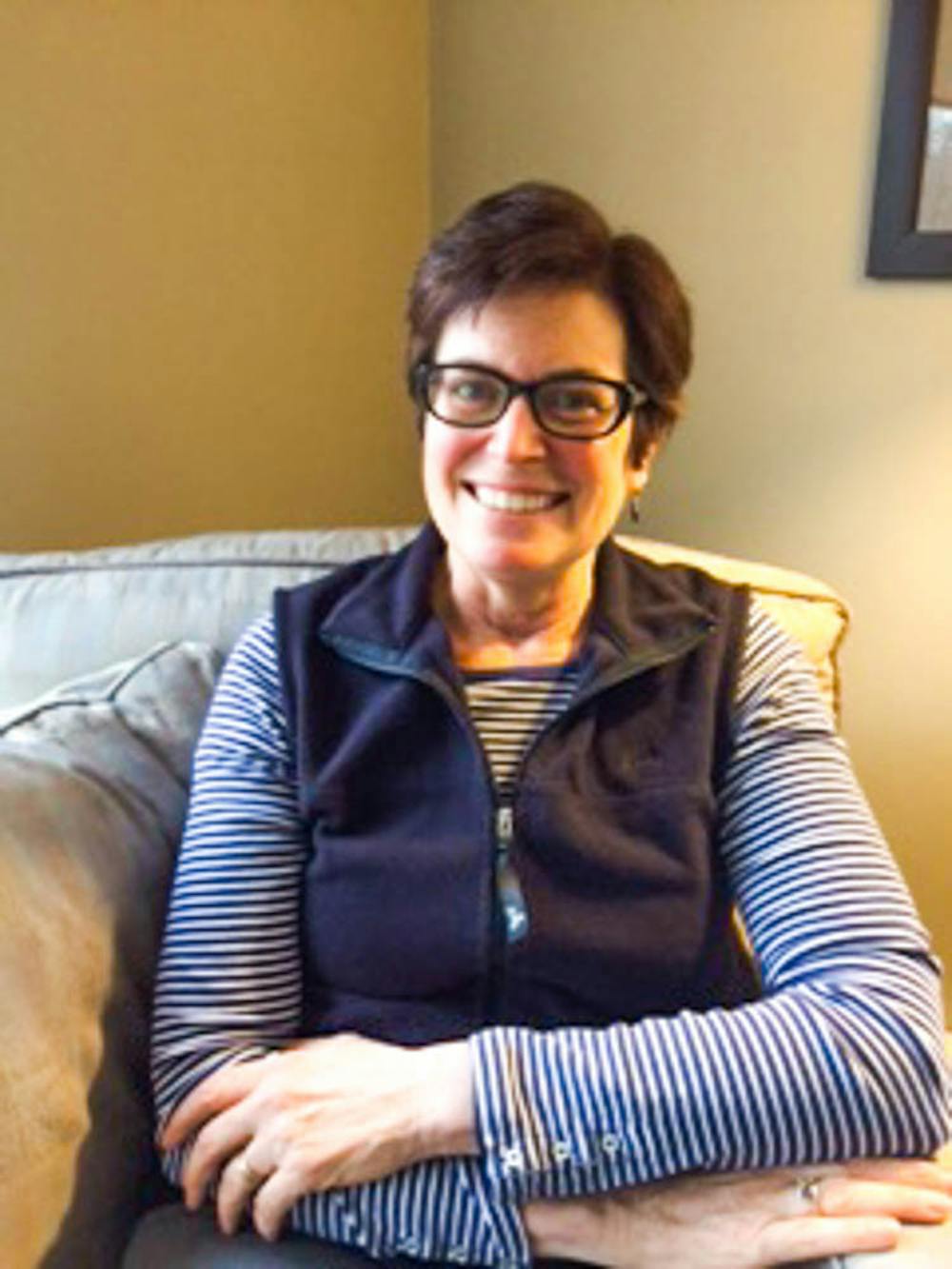The National Network to End Domestic Violence has hired Deborah DeBare ’83 as its new senior deputy director. She has served as the executive director of the Rhode Island Coalition Against Domestic Violence for 23 years.
DeBare began helping domestic violence survivors as a senior at the University through Sojourner House, a nonprofit that supports those who have experienced domestic and sexual abuse. While volunteering, DeBare worked with survivors to figure out the safest, most promising path forward. When she was a student, she joined the political action group FIRE, which raised awareness about violence against women. As part of FIRE, her work included informing the public about rape allegations against former Providence mayor Buddy Cianci, for which he was never prosecuted.
Confidentiality was key in FIRE’s Cianci campaign, as among other initiatives.“We printed off these very official looking signs and posted them all over the city that said ‘Curfew has been implemented in the city of Providence, no women are allowed out after 9 p.m. It is not safe to walk the streets with an alleged rapist as mayor,’” DeBare said. “We were very much a stealth group, we kept our names out because we were all afraid of getting kicked out of school.”
Today, DeBare continues to fight against the pervasiveness of domestic violence nationwide, which has not significantly improved since her time at the University.
“We haven’t really seen the prevalence rates drop,” DeBare said. “We still see research that shows one in four women will experience intimate partner violence at some point in her life.”
To combat this reality, DeBare has slowly but surely expanded efforts to prevent domestic violence from spreading. For example, RICADV was involved in the implementation of neighborhood cookouts and movie nights in Newport to build “community cohesion” because a stronger community, in theory, means neighbors are more likely to take action upon hearing about domestic violence in nearby households, DeBare said.
DeBare has also focused on maintaining the emergency and support services offered by RICADV’s five member organizations, which include Sojourner House and Blackstone Valley Advocacy Group.
In her new position at NNEDV, which will expand her reach from Rhode Island to the nation, DeBare will be working with different state coalitions against domestic violence to capitalize on the strengths and overcome the weaknesses of each state’s program. For example, DeBare praised the state of Kansas for having a unified message that combines sexual assault and domestic violence prevention; but she also stressed that the rural nature of Kansas makes communication between the state’s programs difficult.
DeBare brings experience in building functional coalitions to address program weaknesses in states like Kansas. Under her leadership, RICADV grew from three to 12 staff members, while staying financially stable.
“I’m really proud of what we’ve been able to accomplish in Rhode Island,” said Jennifer Meade, president of the RICADV board of directors. “I think other coalitions across the country are going to be able to learn from that.”
Meade and Linda Impagliazzo, executive director of Blackstone Valley Advocacy Center, agreed that DeBare’s success as a leader of the RICADV came from her commitment to helping victims of domestic violence.
“If there’s ever times when she gets approached and someone says, ‘Well, have you thought about doing this,’ she will go back and say … ‘Is this part of what we have purposely set out to do?’” Meade said.
Impagliazzo believes DeBare’s success can also be attributed to her ability to meet each agency’s needs in a fair way, while always putting victims of domestic violence first.
DeBare sees working at NNEDV as the next step toward shifting national values to create a more equitable and just world for women — a process that has been slower than she anticipated while at Brown.
“My goal is to see the next generation of kids — boys and girls — growing up where they have a sense of expectation … that their relationship will be healthy and supportive,” DeBare said.





